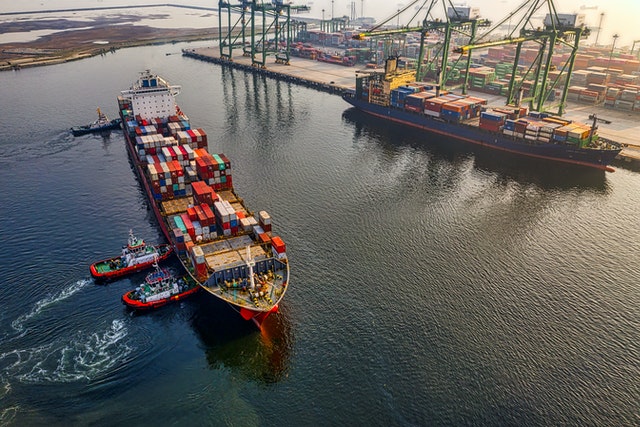In the wake of COVID-19, many businesses have come to the realization that managing inventory throughout the supply chain is essential for adapting to global disruptions. Leaders are beginning to invest in resilient supply chains that allow them to deftly navigate crises and pivot to meet customer demand.
How Did COVID-19 Disrupt Supply Chains?
As companies in China and other parts of the world shut down their factories and businesses to help mitigate the spread of COVID-19, essential industries rushed to find new suppliers and continue producing critical supplies and equipment.
While the pandemic sent a shockwave throughout global supply chains, there is a renewed need for resilience and flexibility. As global political events, climate disasters, and health crises unfold, all industries must contend against the disruptions headed their way.
The #1 Risk of Depending on One Supplier
Many industries traditionally depend on the model of low-cost suppliers and low inventory levels. However, depending solely on the least expensive supplier is no longer a sustainable business strategy. Similarly, you can no longer afford to depend on one supplier for a crucial part of your production. In a rapidly changing global landscape, a rigid supply chain can lead to a sudden drop in the raw materials that you need to manufacture your products. In many cases, this can result in a double-digit percentage drop in revenue, which amounts to billions of dollars lost.
Managing Inventory Throughout the Supply Chain for Resilience
The cornerstone of a resilient supply chain is flexibility. Here are a few ways to make your business much more adaptable in times of economic stress and uncertainty.
1. Take a Deep Look at Your Supply Chain
While it may be expensive to generate an in-depth overview of all of your suppliers, distribution facilities, and transportation hubs, unexpected interruptions are much more costly. Per the Harvard Business Review, you should be putting your suppliers into categories: low risk, medium risk, and high risk. Assess how long it would take to overcome a rapid drop in supply, how long it would take for your suppliers to get back up and running again, and how much revenue you would lose if a supplier was no longer available. Ultimately, you should avoid depending too heavily on medium to high-risk suppliers.
2. Manage a Flexible Network
Your business must maintain a network of alternate suppliers that you can turn to in case of a global disruption. They should be located in a variety of different locations. If a natural disaster wreaks havoc in one country, you will be able to pivot to a supplier in another region.
3. Invest in Digital Tools
When a climate disaster or political crisis strikes, advanced technology can help you predict which suppliers will be affected. With tools such as digital databases and cloud systems in place, your business can create plans to relocate inventory and turn to different suppliers for your needs.
Let Us Handle Your Supply Chain Management
At Teknik Trading, our entire focus is on optimizing the supply chain and sourcing raw materials strategically. Our team lends their expertise to managing inventory throughout the supply chain in an efficient, cost-effective manner, consistently helping clients simplify their workday, boost productivity, reduce lead times, and increase savings.
As a supply chain management expert, we can help you acquire any raw materials you need, ensure order accuracy, prepare correct invoices, and manage deliveries from start to finish—no matter how large your order is.
For headache-free supply chain management, talk to us today at +1(305) 592-1512.

